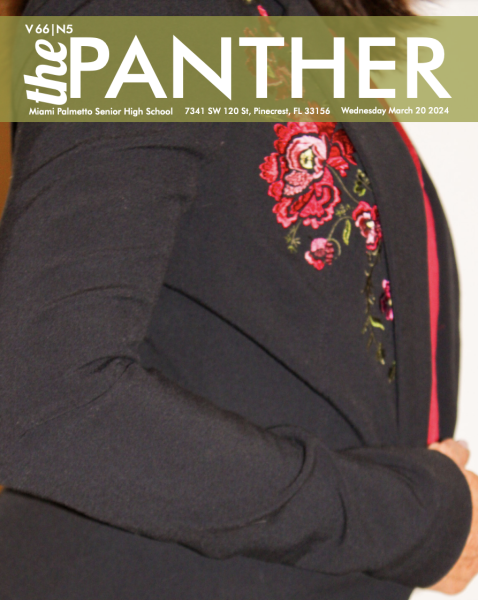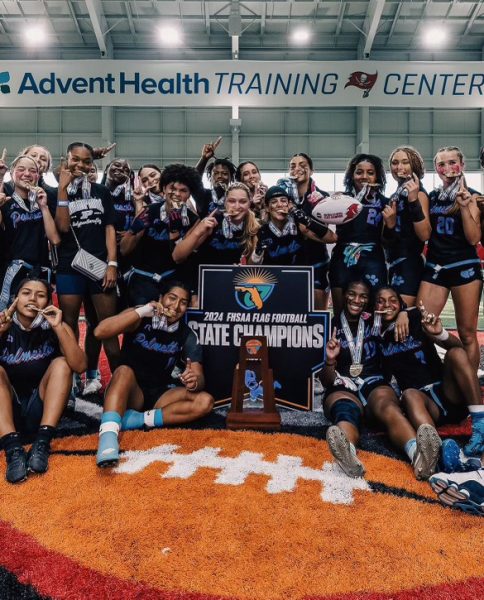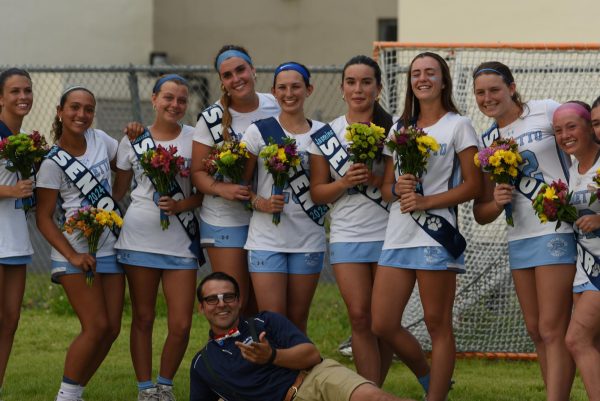14 Days of Love Day 10: Homophobia in the Sports World
February 10, 2020
Although the acceptence of homosexuality is increasing amongst the public and in everyday society, a major stigma still exists in the sports industry.
Male dominated sports, especially football, hold deeply ingrained heterosexual norms. From the “manliness” and toughness of the players to the physique the players are required to have—tall, muscular, and extremely toned— the sport screams heterosexuality.
“Sports just appear to be very heterosexual, especially with men and football,” junior and former cheerleader Juliana Medina said. Medina witnessed this strong masculinity from cheering at football games.
A study titled “Out on the field” conducted by multiple professors from reputable universities shows just how big of a problem homophobia is in the sports industry. It surveyed 9,500 people from the U.S., U.K., Australia, Canada, Ireland and New Zealand and found that 80% of all participants either witnessed or personally experienced homophobia in sports. For those in the LGBTQ+ community, 82% have witnessed or experienced some form of homophobia.
Verbal slurs seem common, according to the same study, 80% of gays and 82% of lesbians admit they have been the victim of homophobic insults.
“It seems ‘easy’ to be homophobic as far as the sports industry goes because of the amount of masculinity typically associated with sports,” Medina said. “Athletes have to be tough and society has this view that gays, especially the men, are on the weaker side, but there’s no reason to think this.”
Due to the possible slurs and judgement they may receive, “Out on the Field” revealed that 81% of gay men and 74% of lesbians remain in the closet while being part of a team as an athelete. Athletes are often scared to come out because of fear that their teammates will hurt them, they’ll get bullied or that the whole team dynamic would change. Regardless of this, some athletes refuse to let this define them and instead choose to be their most authentic self and come out.
Gareth Thomas came out in 2009 as the first openly gay player in the rugby union. He emphasizes the importance of coming out and how important it was to both him and his teammates; he also stresses that jokes and humor about gays is the most “damaging form of homophobia in the sport industry.”
Jason Collins came out in 2013 and made history as the first openly gay athelete in the NBA. Collins came out with in hopes that other people would feel comforted and follow in his footsteps.
As the world becomes increasingly accepting of homosexuals, hopefully it will lose the stigma that still exists in the sports industry. A few solutions exist that can aid in this process: be an ally to teammates, require coaches to make it clear that LGBTQ+ athletes remain welcome and end homophobic humor, jokes and slurs.













